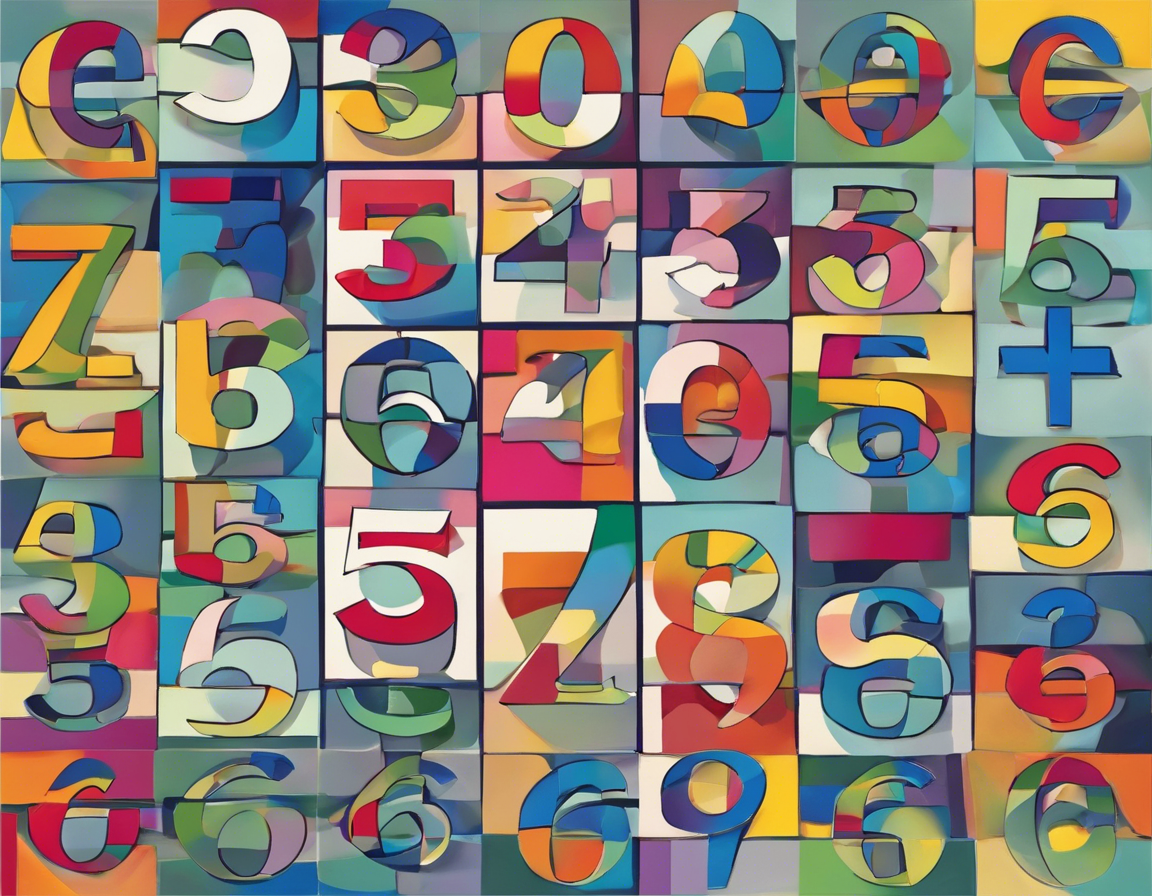
All Whole Numbers Are Rational – Exploring Number Properties
Rational numbers are those that can be expressed as a ratio of two integers, where the denominator is not zero. Whole numbers are a subset of integers that include all positive integers from zero upwards. Interestingly, all whole numbers are considered to be rational numbers. In this article, we will delve into the properties of whole numbers, rational numbers, and the relationship between the two.
Understanding Rational Numbers
Rational numbers are a broad category that encompasses fractions, decimals, and percents. They can be written in the form of ( \frac{a}{b} ), where a and b are integers and b is not equal to zero. Whole numbers, being integers, can also be expressed as a fraction where the denominator is 1. For example, the whole number 3 can be represented as ( \frac{3}{1} ), making it a rational number.
Whole Numbers as Rational Numbers
-
Definition: Whole numbers are the set of numbers {0, 1, 2, 3, …} or non-negative integers. Since they can all be represented in the form ( \frac{n}{1} ), where n is the whole number, they meet the criteria of being considered rational.
-
Division Property: When a whole number is divided by 1, we still get the same number. For example, ( \frac{7}{1} = 7 ). This demonstrates that whole numbers are indeed rational.
Properties of Whole Numbers
-
Closure Property: The sum or product of two whole numbers is always a whole number. For instance, 2 + 3 = 5 and 2 x 3 = 6, both yielding whole numbers.
-
Identity Property: For addition, the identity element is 0, as adding 0 to any whole number does not change the value. For multiplication, the identity element is 1, as multiplying any whole number by 1 gives the same whole number.
-
No Negative Numbers: One key property of whole numbers is that they do not include any negative integers. This distinguishes them from integers, which include negative values.
Relationship Between Whole and Rational Numbers
While whole numbers are a subset of integers, and integers are a subset of rational numbers, it’s important to note that not all rational numbers are whole numbers. Rational numbers include fractions and decimals that are not whole. However, every whole number can be expressed as a fraction with a denominator of 1, fulfilling the criteria to be classified as a rational number.
Comparing Whole and Natural Numbers
It is common for people to confuse whole numbers with natural numbers. Natural numbers are the set of positive integers {1, 2, 3, …}, excluding zero. While natural numbers are a subset of whole numbers, they are not the same. Whole numbers incorporate zero, making them slightly broader than the set of natural numbers.
Irrational Numbers and Real Numbers
Apart from rational numbers, there is another category known as irrational numbers. Irrational numbers cannot be expressed as a fraction of two integers and have non-repeating, non-terminating decimal representations. The set of real numbers includes both rational and irrational numbers, covering the entire number line. Whole numbers, being a subset of integers and consequently rational numbers, contribute to the broad spectrum of real numbers.
FAQs about Whole and Rational Numbers
1. Are negative numbers considered rational?
Negative numbers can be expressed as fractions where the numerator is negative and the denominator is 1, making them rational.
2. Can a fraction with a non-integer numerator and denominator be a whole number?
No, whole numbers are defined by having a denominator of 1, so fractions with other denominators would not be considered whole numbers.
3. Are all integers rational numbers?
Yes, all integers including positive and negative numbers, as well as zero, are considered rational numbers.
4. Can a decimal that terminates be a whole number?
Yes, a decimal that terminates is essentially an integer and thus can be classified as a whole number.
5. Why is zero considered a whole number and a rational number?
Zero is included in the set of whole numbers because it is a non-negative integer. It can be represented as the fraction ( \frac{0}{1} ), meeting the criteria for a rational number.
In conclusion, understanding the properties and relationships between whole numbers and rational numbers is fundamental in mathematics. While whole numbers constitute a specific set of integers, they also fall under the umbrella of rational numbers due to their ability to be expressed in fractional form. This interconnectedness of number sets lays the foundation for various mathematical operations and concepts.


